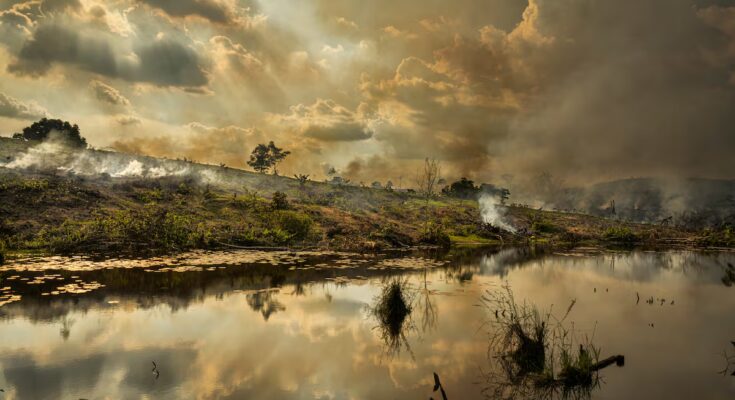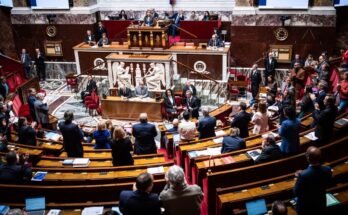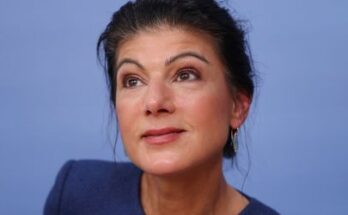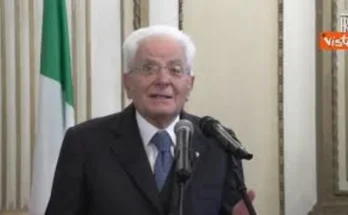In the heart of the Brazilian Amazon, the Conference of the Parties (COP30) began in Belém. In this event, where the future of the global climate is at stake, Ibero-America wants to demonstrate that development and sustainability can go hand in hand.
Holding the Conference in the lungs of the planet is an urgent call for attention full of symbolism and represents a unique opportunity for the region to strengthen its presence in the main climate decision-making space. But this opportunity also brings an inevitable responsibility: understanding that the richness of our ecosystems is the very foundation of our future. That said, we must recognize, if we are to thrive as a civilization, that all of our activity (economic, social, cultural, and even personal) depends on the health of our planet. We have the duty and moral challenge not only to adapt, but also to reverse this crisis with regenerative solutions that ensure our survival.
There is no single solution to mitigate climate change. In any case, a sum of efforts would be necessary, a puzzle of multiple pieces that little by little fit together towards a common goal, as environmentalist Paul Hawken underlines in his book Withdrawal (2017). To do this, it is essential to believe in the power of stories and understand that much of our failure has been caused by our lack of imagination. But brilliant ideas are not enough to stop climate change: without funding, imagination remains on paper.
In the face of pessimism we must not lose hope. The launch of projects such as Energytran (Eulac for the energy transition), led by the Organization of Ibero-American States for Education, Science and Culture (OEI) and with funding from the European Union, demonstrate how we can turn adversities into opportunities and find innovative solutions and initiatives that support an equitable, sustainable and inclusive energy transition.
This project benefits from the collaboration of the Spanish Higher Scientific Research Center (CSIC), as well as twelve partners between European and Latin American universities and research centers. After two years of progress, the conclusion is simple: the energy transition cannot be limited to the production of renewable energy, but also involves raising society’s awareness of how essential equitable access is for the entire world population.
We must not forget that more than 600 million people in the world, according to a recent study conducted by the World Health Organization (WHO), live without electricity and this factor, in itself, is a multiplier of poverty. In many corners of the planet, lack of access to electricity is both an energy problem and an issue of inequality.
In communities where women and girls take on household chores, the absence of electricity or running water limits their time, education and autonomy. A simple solution like a solar panel or solar-powered water pump can completely transform this reality. The energy of the sun (infinite, clean and free) thus becomes the most democratic tool that exists. Thanks to it, girls can go to school, families can grow their own food and women can start businesses. It’s the domino effect of renewable energy: a small solar panel can be the starting point for changing a life, a community and, ultimately, the future of the planet.
Empathy must be our compass when we act in the face of injustices generated by the climate crisis. Our ability to understand, reflect, and act against those who suffer does not make us weaker, but rather strengthens us as humanity.
All this brings us to a COP30 in which agreements of conviction and solidarity must be reached with the most disadvantaged, which send a signal of hope towards the future. As the president of COP30, André Aranha Corrêa do Lago, points out in Eighth letter from the Presidency addressed to the international community: “COP30 must be the COP of adaptation. Ambition and action on adaptation will be essential for Belém to advance three priorities: reforming multilateralism, bringing climate change closer to people’s daily lives and accelerating climate implementation.”
Multilateralism, even if some question its effectiveness, has been one of the silent drivers of the greatest progress in climate policies since the last decade of the last century. Strengthening it is not an option, but a necessity to travel together the path that still remains to us. Multilateralism has managed to stop the prediction of a catastrophic increase in global average temperature of 4°C by 2050, leaving it at around 2.5°C. However, we are still far from the ambitious goal of not exceeding the 1.5°C barrier, set in the Paris Agreement and negotiated at COP21 in 2015. Milestones of this magnitude demonstrate that international cooperation can change the course of humanity.
At the IEO, as an international intergovernmental organization, we reaffirm our firm commitment to equitable and inclusive climate action that ensures a sustainable future for all. For this reason, the Brazilian Government, through its Extraordinary Secretariat for COP30 (SECOP), has signed the collaboration project with the EIO to guarantee the conditions of dialogue between countries and the logistics that will make the Belém climate negotiations possible in this Conference.
Inside the COP, in Green Zone (or Green Zone), the OEI will have its own stand under the motto Iberoamerica Viva. It will be a dynamic space of active listening and celebration of diversity, where the voices of our region will be valorised, especially those traditionally marginalized, such as that of indigenous peoples (with their multiple realities that reflect the richness of their traditional knowledge, as well as the different challenges they face), that of peripheral communities and young people, who will have a special role.
Iberoamerica Viva It began as an alliance between those ancestral and current voices seeking to regenerate (not just sustain) ecosystems and communities. It is a commitment to walk together towards a common future in which no one is excluded.
Furthermore, climate finance will continue to dictate the direction of the debate in search of a new map that corrects the deviations of a path still full of inequalities. However, in essence, climate finance should not be up for discussion. As António Guterres said in his opening speech at the COP29 leaders’ summit: “Climate finance is not charity, it is an investment; and taking action is not an option, it is an obligation.” In this regard, Iberoamerica has the potential to become the global reference point for the sustainable integration that the planet needs.



